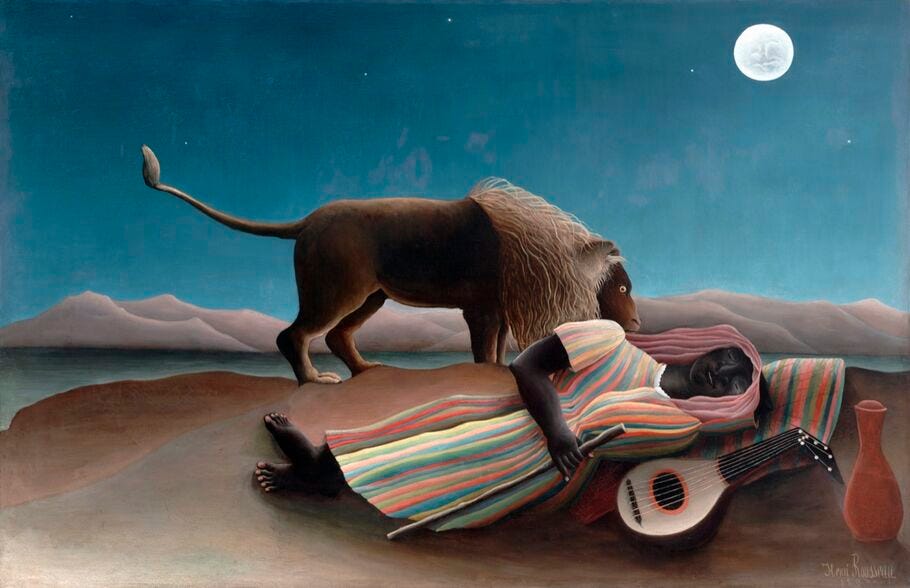“…the day-time of the body is the night-time of the soul, and the night-time of the body is the day-time of the soul.”
“During sleep, processes of the greatest intensity and far-reaching effect take place in the soul.”
We all know the feeling of waking up and having a really weird dream. Some of you reading this probably had a very strange dream last night that you are still wondering about.
Sleep remains a mysterious topic. It’s essentially a lack of waking consciousness and awareness for hours. A third of your life here on Earth. And then you have dreams, which are feelings, images, and stories that you can recall, and felt like you were there, but which fade from memory after waking.
Enter the spirit world
In the world of esoteric philosophy and occult secret societies, you’ll find a lot of talk about sleep and dreams, and how they serve as a bridge to the spirit world. And also a way to better understand death, as well as what happens beyond death.
We have dreams. And we have sleep.
In the Theosophic and Anthroposophic traditions, dreams are understood as an intermediary between wakefulness and true sleep. Passing from wakefulness into the dream world, the experience remains in the “etheric body” which is between the physical body and the “astral body,” and is still sort of attached to waking life, and thus the images experienced are clothed in the appearance of the material world.
“These dream pictures taken from ordinary life are formed only in the intermediate conditions ... The individual lives then in a different world of reality, a world which is passed through between falling asleep and awaking.”
- Rudolf Steiner
And the meaning of dreams? This is highly personal, of course, but Madame Blavatsky, author of the famous Secret Doctrine in 1888, laid out seven types of dreams:
“1. Prophetic dreams. These are impressed on our memory by the Higher Self, and are generally plain and clear: either a voice heard or the coming event foreseen.
2. Allegorical dreams, or hazy glimpses of realities caught by the brain and distorted by our fancy. These are generally only half true.
3. Dreams sent by adepts, good or bad, by mesmerisers, or by the thoughts of very powerful minds bent on making us do their will.
4. Retrospective; dreams of events belonging to past incarnations.
5. Warning dreams for others who are unable to be impressed themselves.
6. Confused dreams, the causes of which have been discussed above.
7. Dreams which are mere fancies and chaotic pictures, owing to digestion, some mental trouble, or such-like external cause.”
Now, the sleep that takes place when we are not dreaming is something else altogether, according to these philosophies.
When we are truly asleep and there is no dreaming, that is when the soul has entered a sort of great cosmic realm of which we have no memory when we awake. We become one with the cosmos.
“During sleep the astral body withdraws from the impressions of the physical world, which contain nothing that produces harmony, and passes into the cosmic harmony from which it was born. And so in the morning it brings with it the lingering effects of the refreshment and renewal it has experienced during the night. Every night the astral body renews its harmony with the cosmic astral ocean...”
– Rudolf Steiner, Theosophy of the Rosicrucian, The Elemental World and the Heaven World. Waking Life, Sleep and Death.
It’s also an experience closer to death.
“The difference between a man who is dead and one who is only sleeping is that at death the etheric body passes away together with the astral body and the physical body alone is left behind in the physical world.”
- Steiner, Theosophy of the Rosicrucian
If you look mainly at the Theosophic and Anthrosophic interpretations, sleep and dreams are in fact a profound connection to the spiritual world, according to these esoteric traditions which draw supposedly from ancient wisdom across the world, and compiled into Western Esotericism.
Sleep well.
- Joe
Further reading:
Universal Theosophy - Sleep and Dreams




